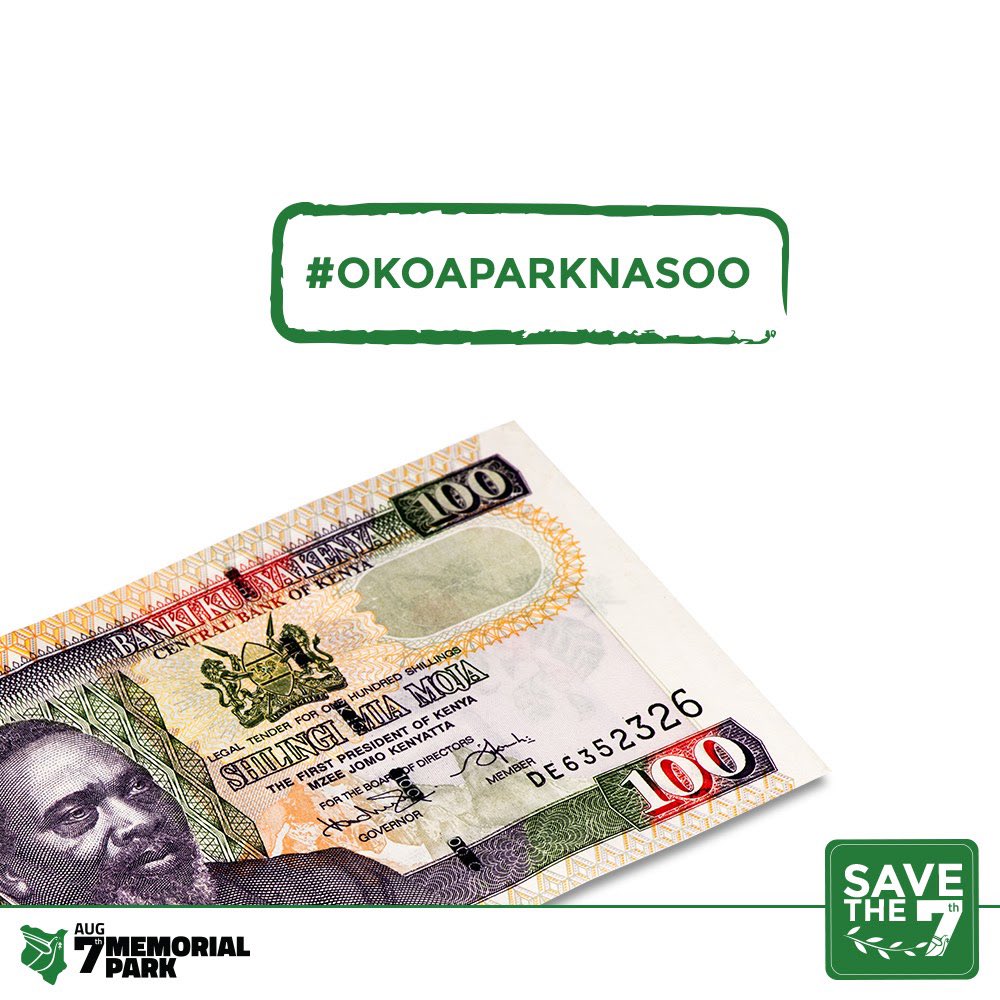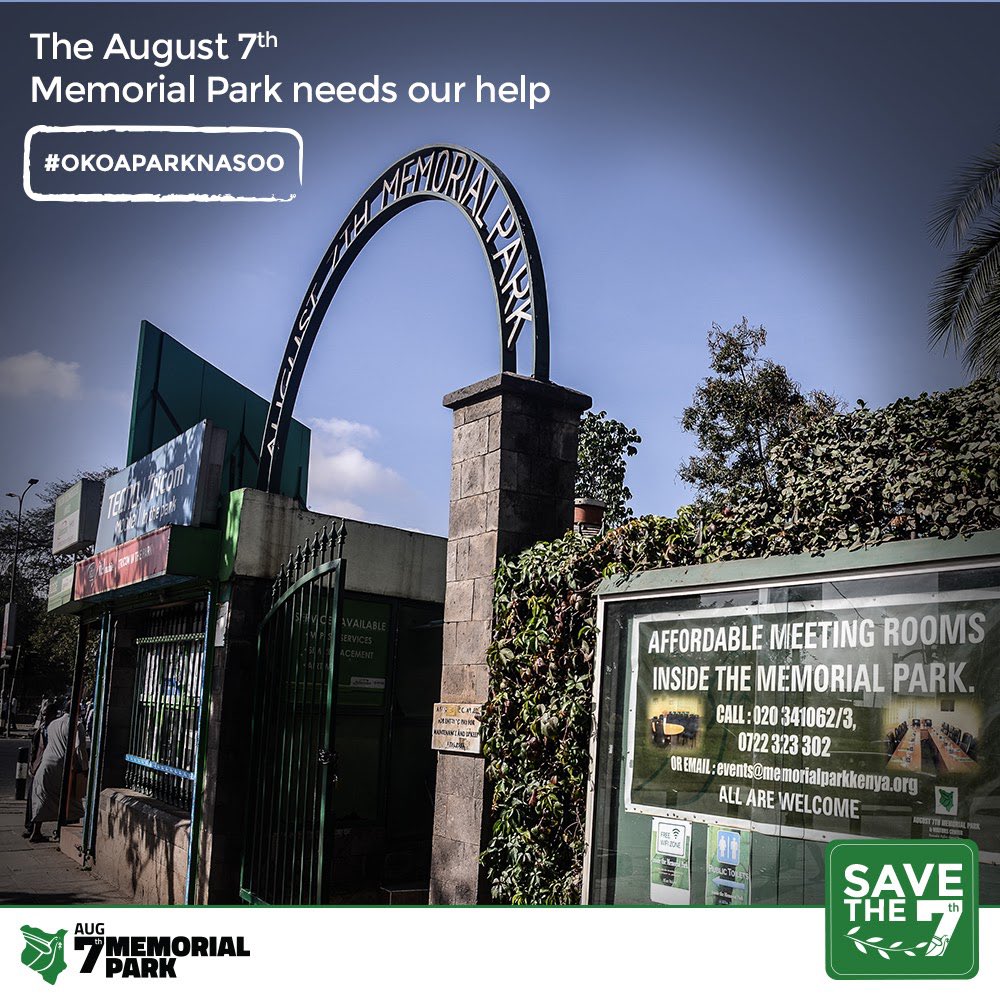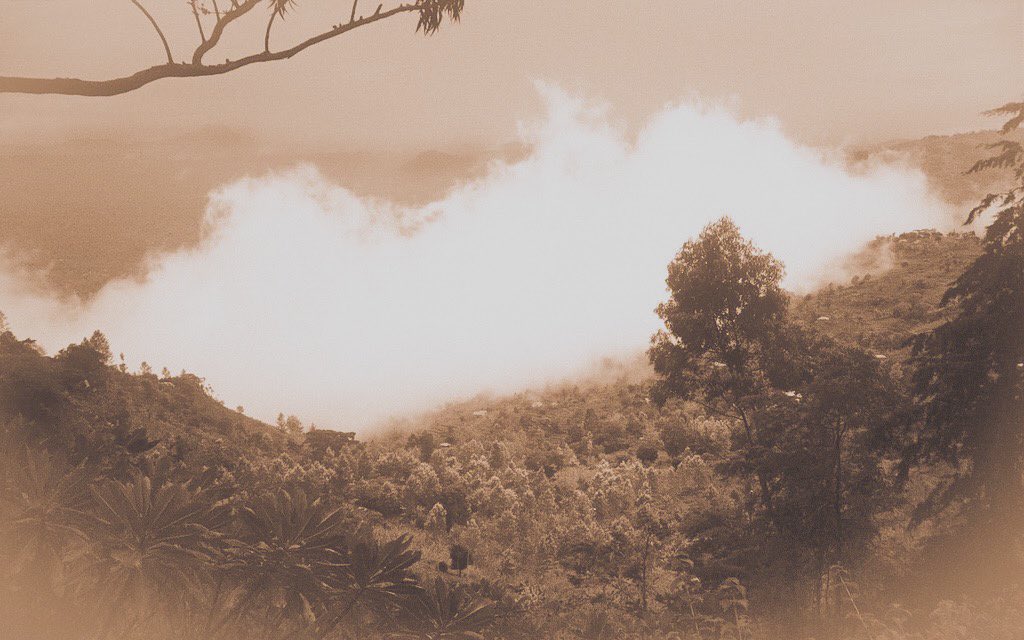
#HistoryKeThread
In 1907, Winston Churchill (pictured), Britain’s Under Secretary Of State For The Colonies visited several African colonies among them British East Africa (Kenya), a territory that had about 2,000 European settlers at the time.
In 1907, Winston Churchill (pictured), Britain’s Under Secretary Of State For The Colonies visited several African colonies among them British East Africa (Kenya), a territory that had about 2,000 European settlers at the time.

Perhaps looking for “safety in numbers”, the settlers pressured him to have the settler colony declared by London “White Man’s Country”.
Churchill had his reservations. He felt tropical diseases and hostile tribes would never make things comfortable for the white man in this particular colony. 

Amid hesitation from London, the settlers were determined to make their case known, sometimes brutally.
In March of the same year - 1907 - Ewart Grogan (pictured), President of the Colonists Association, mercilessly flogged in front of a Crown Magistrate two African boys.
In March of the same year - 1907 - Ewart Grogan (pictured), President of the Colonists Association, mercilessly flogged in front of a Crown Magistrate two African boys.

Their crime was having subjected two European women - one of them Grogan’s sister - to a rough rickshaw ride. The two Gîkûyû boys were also accused of being “impertinent” when they answered back to cries of their allegedly terrified passengers. 

So bad was the whipping by Grogan that one of the two Africans died. The other spent a few months recuperating in hospital.
The colonial administration charged Grogan with murder.
But amid threats from settlers in solidarity with Grogan, the authorities backed down, substituted the charge with a lesser one in which the accused was sentenced to “eight weeks with hard labour”.
Scandalously, the “hard labour” saw Grogan serve as a clerk at a hotel.
Meanwhile, settlers in Kenya continued laying down the red carpet to arriving Europeans.
In 1908, Governor Percy Girouard offered generous tracts of land to no fewer than 48 Afrikaner families from the Transvaal region of South Africa. 

Led by Commandant James van Rensberg, the Afrikaners loaded their 47 wagons and 90 horses on to a chartered German ship and set sail for Mombasa from down under.
These Afrikaners would eventually settle in the Uasin Gishu plateau near Eldoret. In fact, the first Kenyan branch of Standard Bank of South Africa (@StanbicKE today) was established in Eldoret to mainly serve their banking needs. 

Image credits: Old EA Magazine, Central Bank of Kenya and NMG.
• • •
Missing some Tweet in this thread? You can try to
force a refresh










